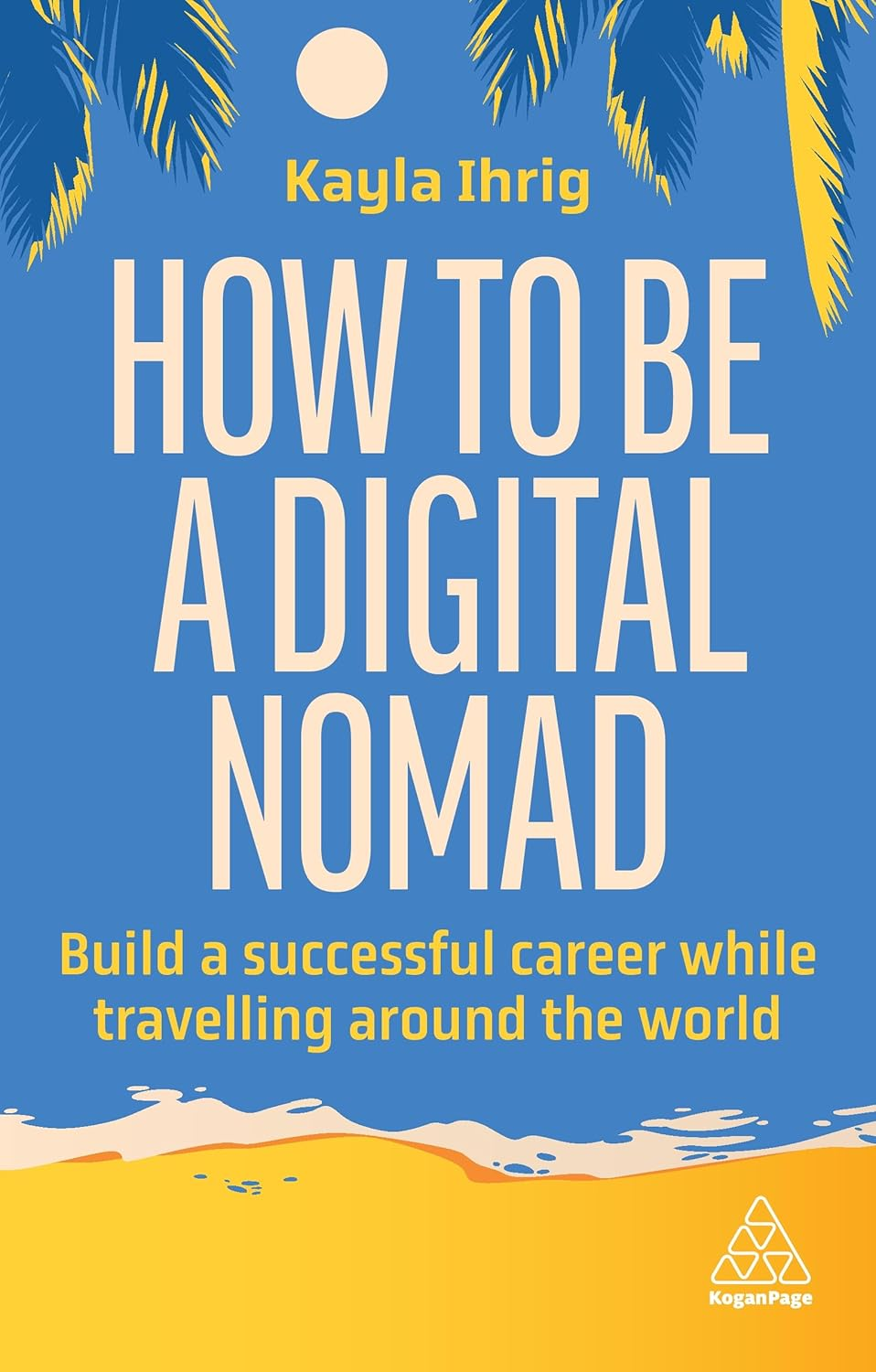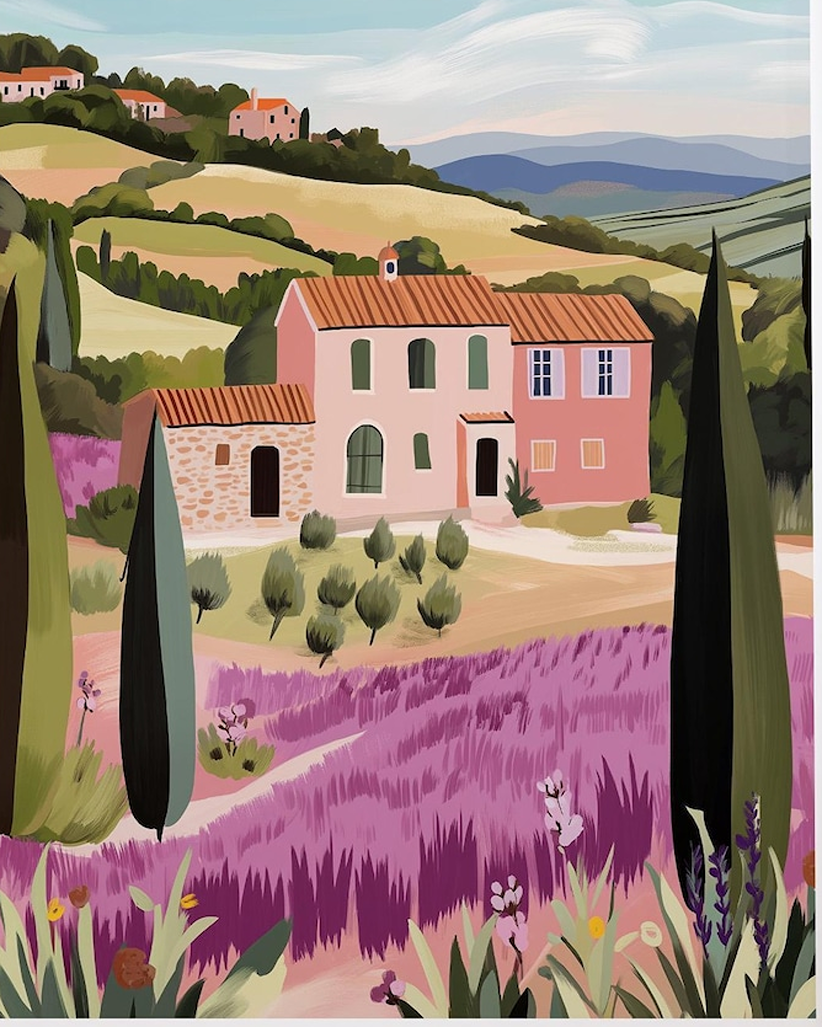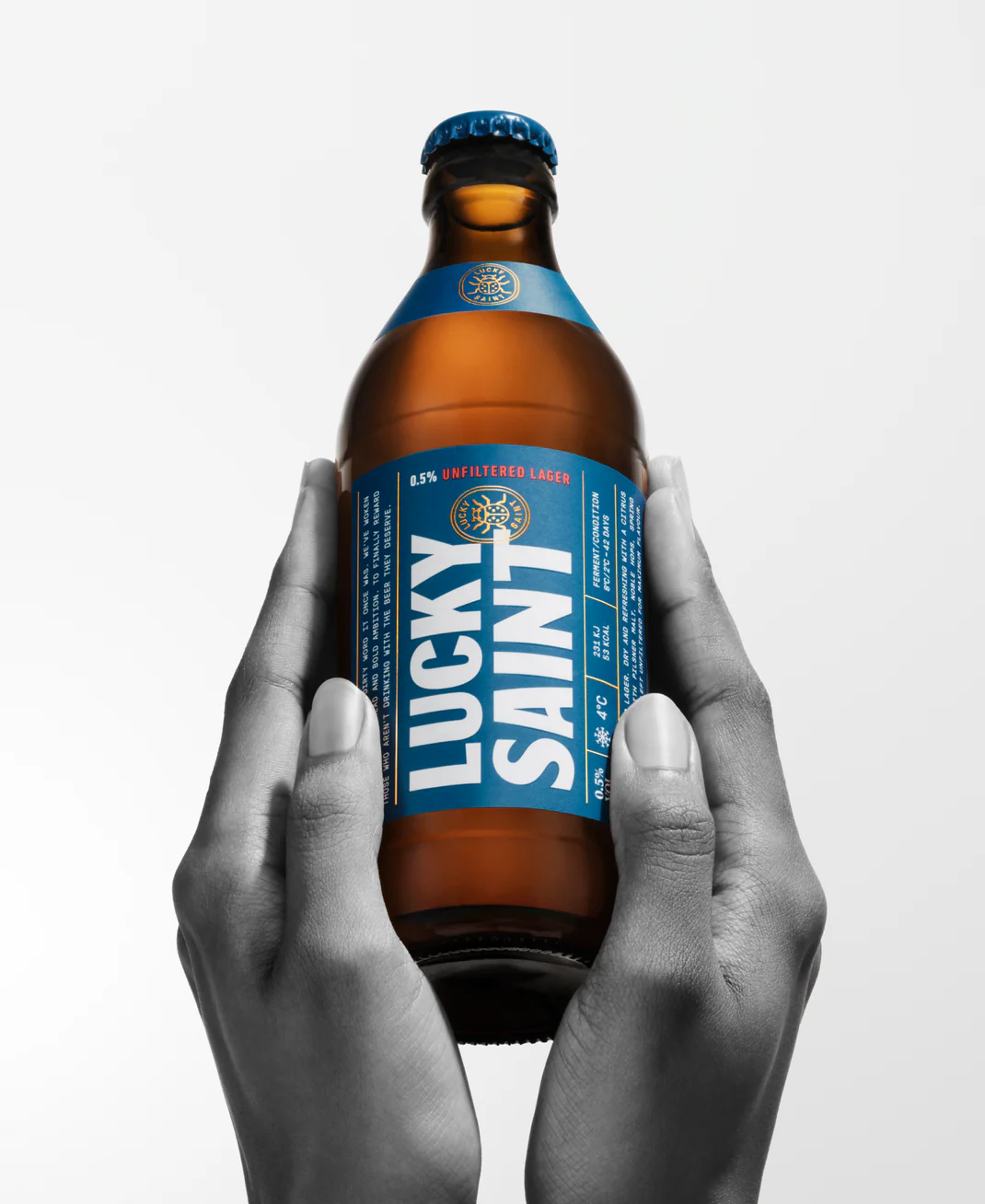
If you like an artisan beer but are either driving or off alcohol, here are some good choices. All are vegan-friendly and sold in sustainable packaging.
No alcohol can be 0% booze, as even fruit and bread contain a little alcohol. But 0.5% is the main percentage used. It is safe to drive, but it’s best to avoid even this amount, if pregnant or nursing.
Before recycling, pop the ring-pulls back over the cans, to help avoid wildlife getting caught inside. Set up a can recycling program to raise money for your community! Never buy beers wrapped in plastic rings, they harm wildlife (if you see any, rip the holes and securely bin).
Lucky Saint: Superior Alcohol-Free Beer
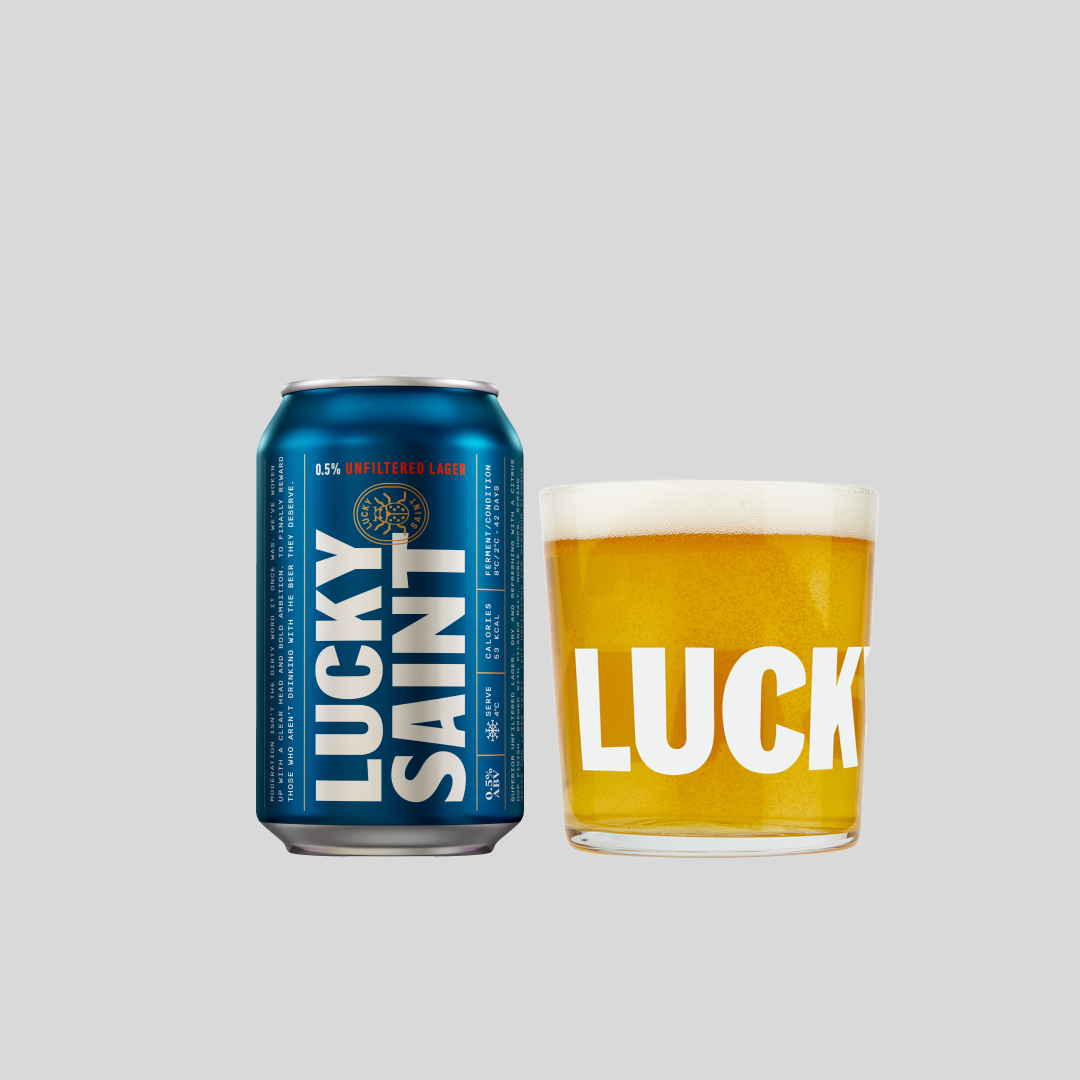
Lucky Saint is a brand of superior alcohol-free beer, which is widely sold across England in grocery stores. Left unfiltered for maximum flavour, and made with all natural ingredients. It’s also vegan-friendly, and low in calories and sugar.
The beer is not gluten-free, due to Pilsner malt used.
The beer is brewed to German purity laws, and takes four weeks to allow the sediment to drop out of the beer naturally, so it can remain unfiltered.
- Lucky Saint blends toasty Pilsner malt with fresh citrus German hops (dried lemon, light orange) and has a fresh bread aroma. Blend with Fentimans lemonade for a summer shandy, or serve over ice with ginger beer.
- Hazy IPA has notes of tropical and stone fruits.
- Lemon Lager includes a squeeze of fresh lemon juice.
- Weissbier is a Bavarian wheat beer, with notes of cloves, banana and citrus.
All beers are available wholesale (including on draught).
Low-Alcohol Table Beer to Help Pangolins

Pangolin Beer is the low-alcohol offering from Fauna Brewing, which uses profits from all its beers, to help endangered species. Other beers help chimps to cheetahs! All their beers are vegan-friendly. This beer features lots of oats, for a silky mouthfeel.
Why Endangered Pangolins Need Our Help
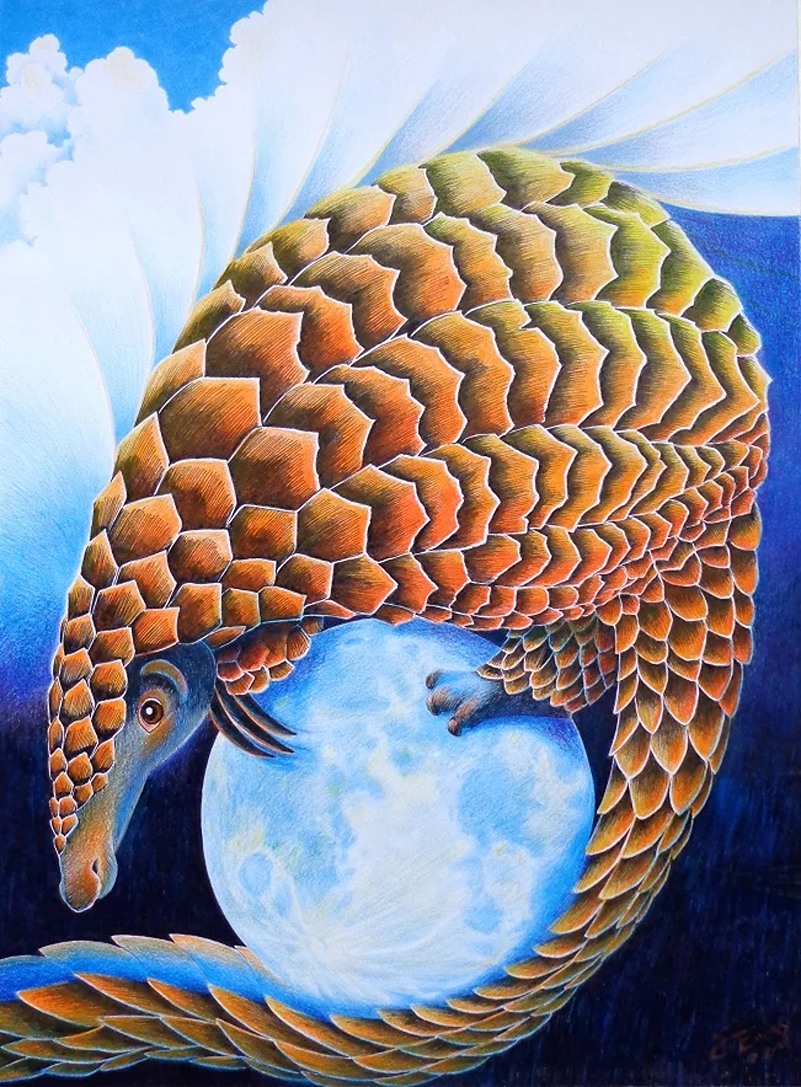
Pangolins may look like anteaters, but they are not related. Covered in scales, they (like hedgehogs) roll into a ball when threatened. They eat insects with their 2-foot long tongue. These beautiful creatures are now critically endangered, horribly abused for wildlife crime.
The situation is as serious as with tigers, with them nearly being hunted to extinction. So simply switching to this beer (which helps organisations that are helping to save pangolins) does so much good, your beer will taste even better!
Pangolins are enchanting, wonderful, solemn and beautiful creatures. Sir David Attenborough
Changing Tides: Low-Alcohol ‘Bread Waste’ Beer

Changing Tides is a 0.5% vegan lager from Toast Ale, which replaces some of the brewing yeast with leftover bread, to save on food waste. Profits go to help a food waste charity. It’s made with English hops and malted barley. Pubs, hotels and restaurants can order marketing materials and beer mats (the brand also sells boozy beers!)
Beer to Make a Real Difference!
Toast Brewing is a great company. All of its beers are vegan, and after paying for manufacture and salaries, profits go to help Feedback, a food waste charity to help feed hungry people. And each beer is helping to use up the colossal amount of bread waste (it even has a contract with Warburton’s to make ‘crumpet beers!’
The brand was founded by Tristram Stuart, who has now taken a back seat to focus on his fight against food waste, though he is still part of the company. His book Waste is literally the world’s answer to the food crisis, on a planet where more food is thrown away each day, that could feed every hungry person on earth.
Crops rot in the developing world, because farmers lack the means to store and transport them to market. This book takes him around the world and back home to England, talking to potato farmers and food industry CEOs, and meeting some foraging pigs along the way!
Tristram is an interesting character. Although he is a ‘freegan’ (who chooses to live off self-produced or discarded food, in order to highlight the global food scandal), he comes from a wealthy background (the grandson of an Earl), which makes him all the more inspirational. Instead of sitting on a bank balance, he is choosing the save the world!
Tristram’s main belief is that if you preach doom and gloom, it won’t work. But if you create positive solutions (like making fantastic vegan beers made from Warburton’s leftover crumpets), it becomes fun. And most people want to do the right thing.
So switch beers today! Tristan’s eventual wish is that Toast Brewing no longer exists, as there will be no bread waste o make it!
Supermarkets didn’t even want to talk to me, about how much food they were wasting. I’d been round the back. I’d seen bins full of food being locked and then trucked off to landfill sites. And I thought, surely there is something more sensible to do with food, than waste it. Tristram Stuart
Imagine walking out of a grocery store with four bags of groceries. Dropping one in the parking lot, and just not bothering to pick it up. That’s essentially what we’re doing. Dana Gunders
Below Brew Co: Alcohol-Free Craft Beers
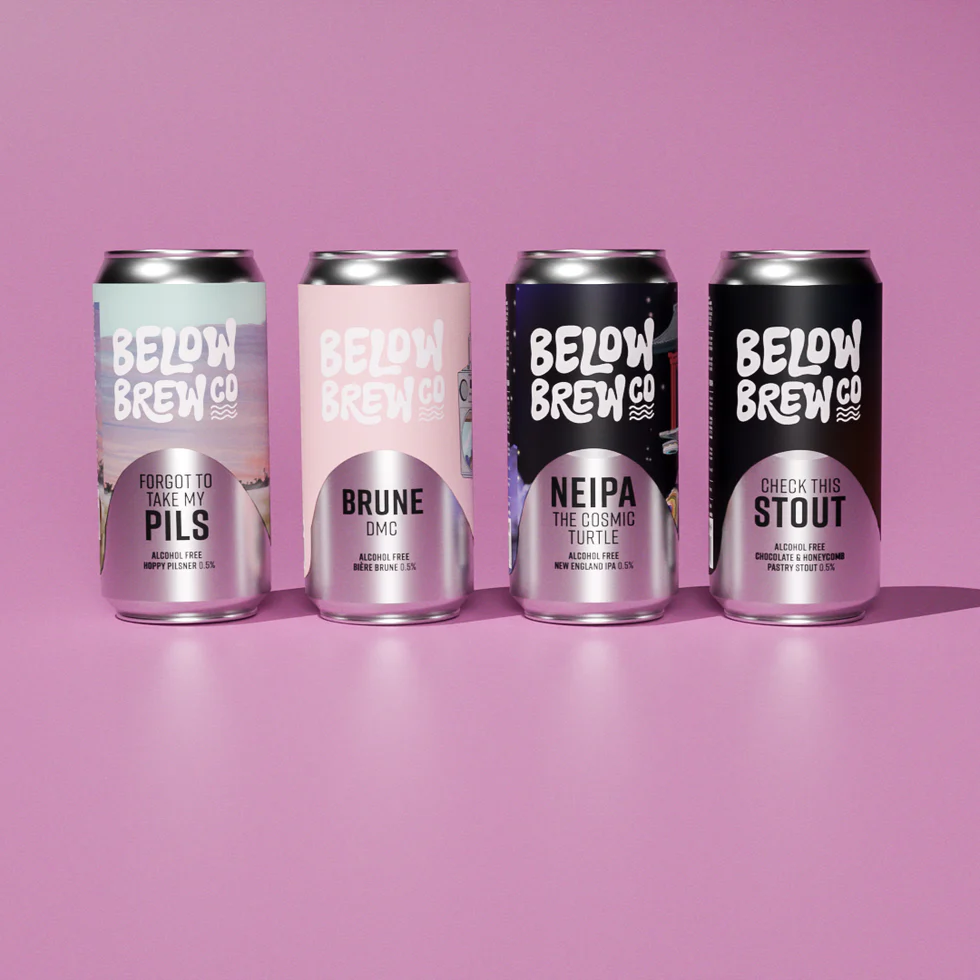
Below Brew Co is an independent alcohol-free brewing company, offering a small range of vegan drinks in beautifully designed cans. The range includes pale ale, brown ale, IPA and stout. You can also buy mixed cases and taster packs.
Below Brew Co Vegan Stout
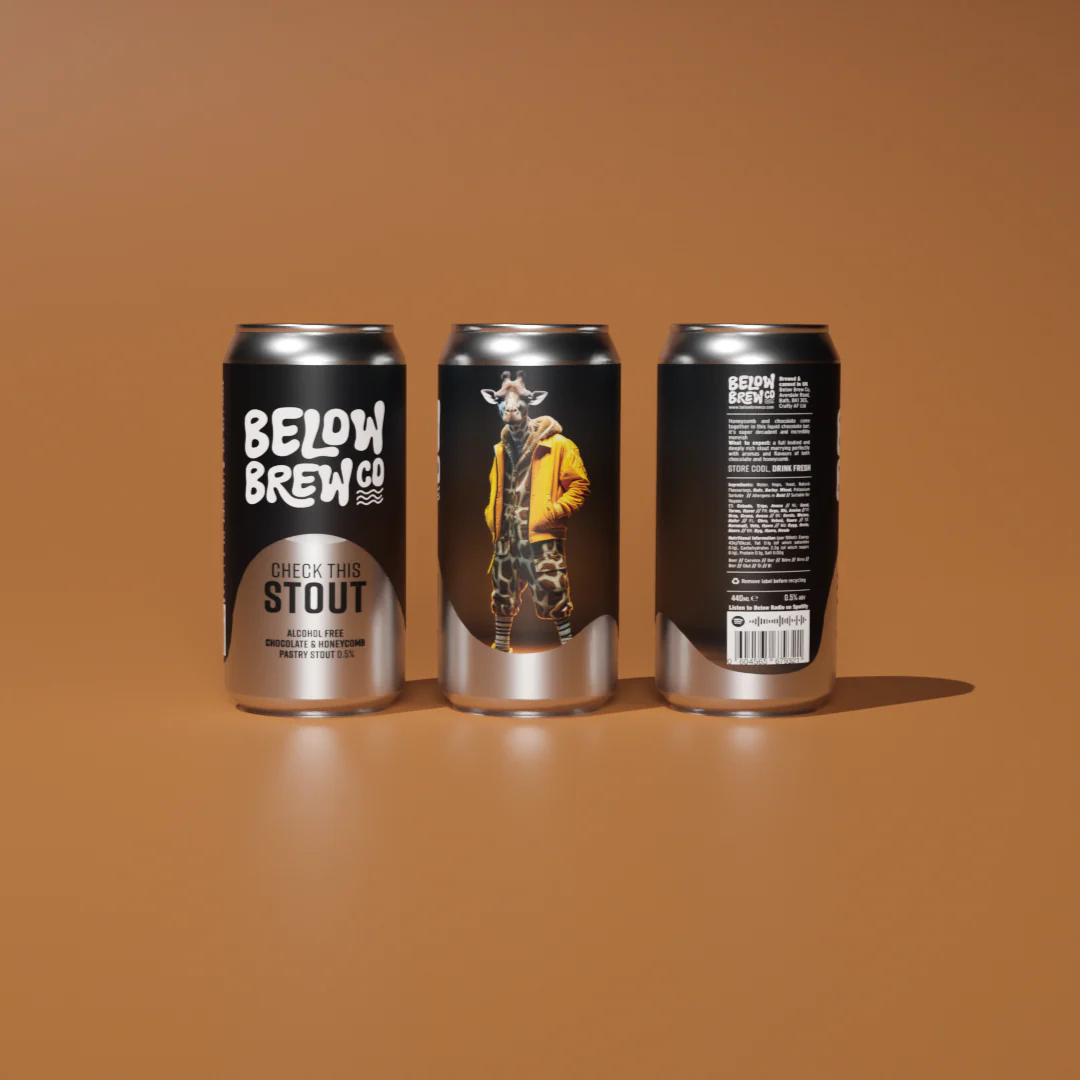
The Pastry Stout is like ‘liquid chocolate’, with flavours of chocolate and honeycomb (sounds like a Crunchie bar!)
Guinness is now vegan (after a campaign) but still owned by a big multi-national. It’s not even Irish, as the brand was founded by an anti-Catholic entrepreneur, though to be fair, he did use profits to donate to peace organisations.
But when the newly-formed Irish government wanted to use the harp as its symbol, Mr Guinness wouldn’t let them (he held the copyright). So the government got creative, and used the harp anyway, just facing the other way! If you look closely, you’ll notice that the Irish government’s harp symbol and the Guinness harp, do indeed face different directions.
Belhaven stout is not vegan, as it’s filtered with isinglass (fish gelatine).
Low-Alcohol Artisan Beer from London
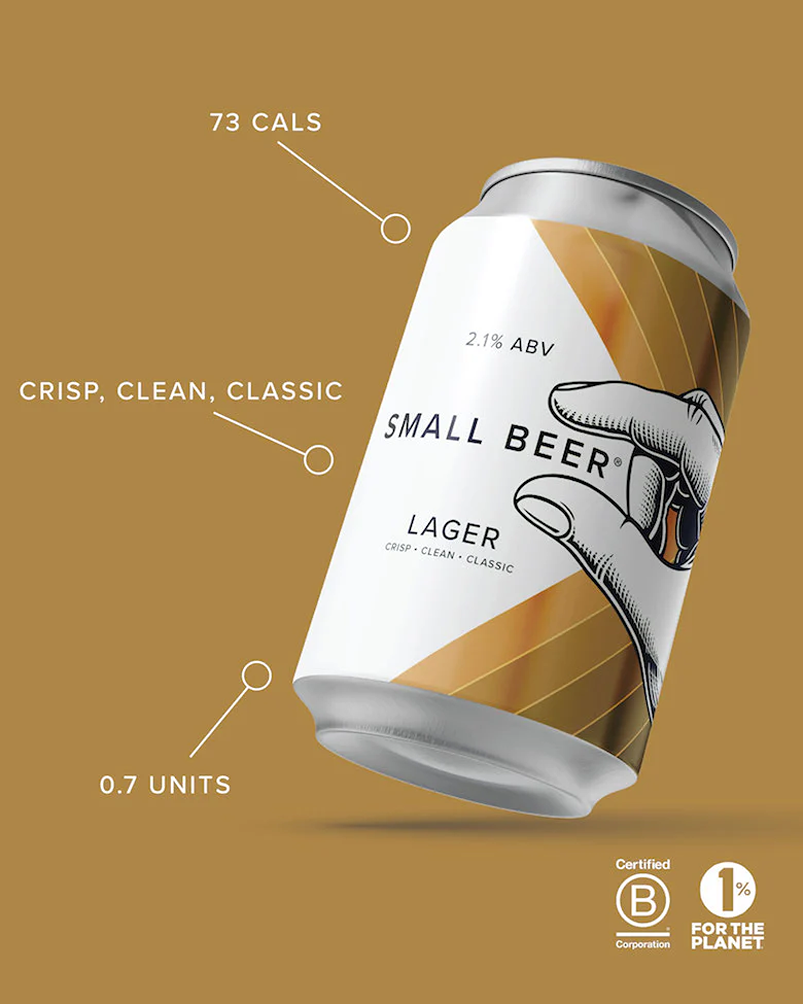
Small Beer Brew Co (London) offers vegan beer with half the alcohol and fewer calories, sold in cans or bottles or in kegs for parties, pubs, hotels and restaurants. Sustainably-crafted in a B-corp brewery, this is made with the finest British barley. Low-alcohol beers are classed as drinks with APV of 1.2% (compared to conventional beers that are around 4.4%).
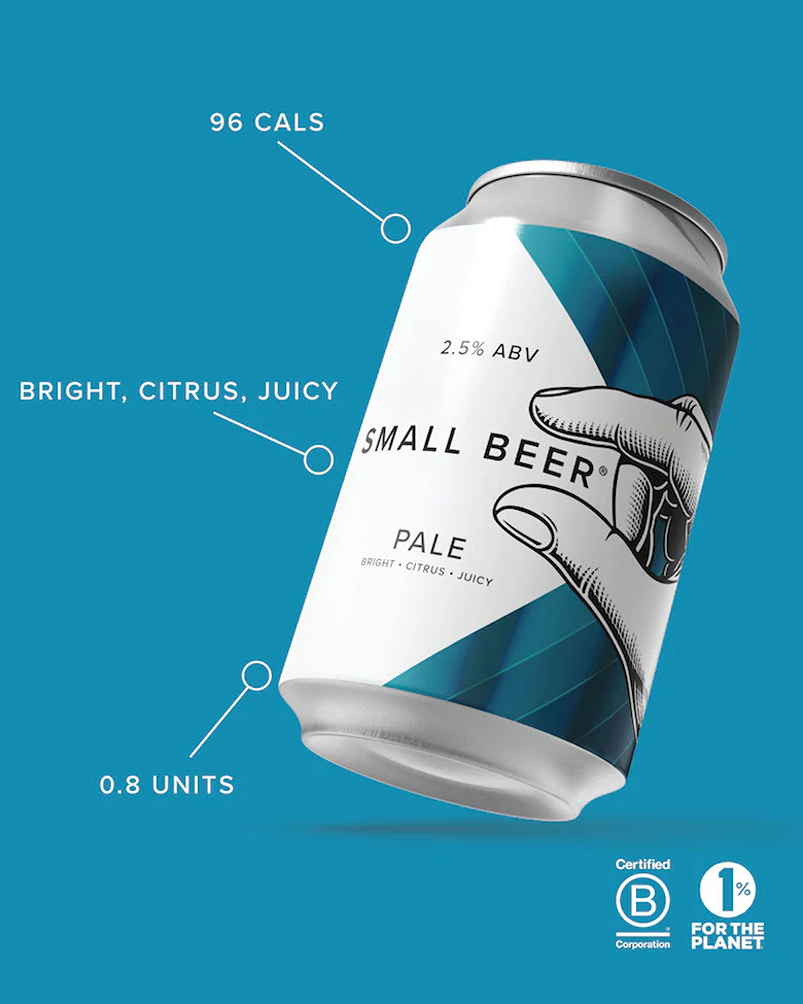
The company’s brewing kit uses around an eighth of the water typically used and the brewery is cleaned with recovered heat and water, and all packaging is recycled. Spent grain is delivered to a local farm. The range includes:
- Pale ale (tropical fruits)
- Amber (toasty rye)
- Lager (citrus nose)
- Hazy (apricot & tropical fruits)
- IPA (bitter orange & biscuit)
- Blanche (made with Sussex coriander and Spanish orange peel)
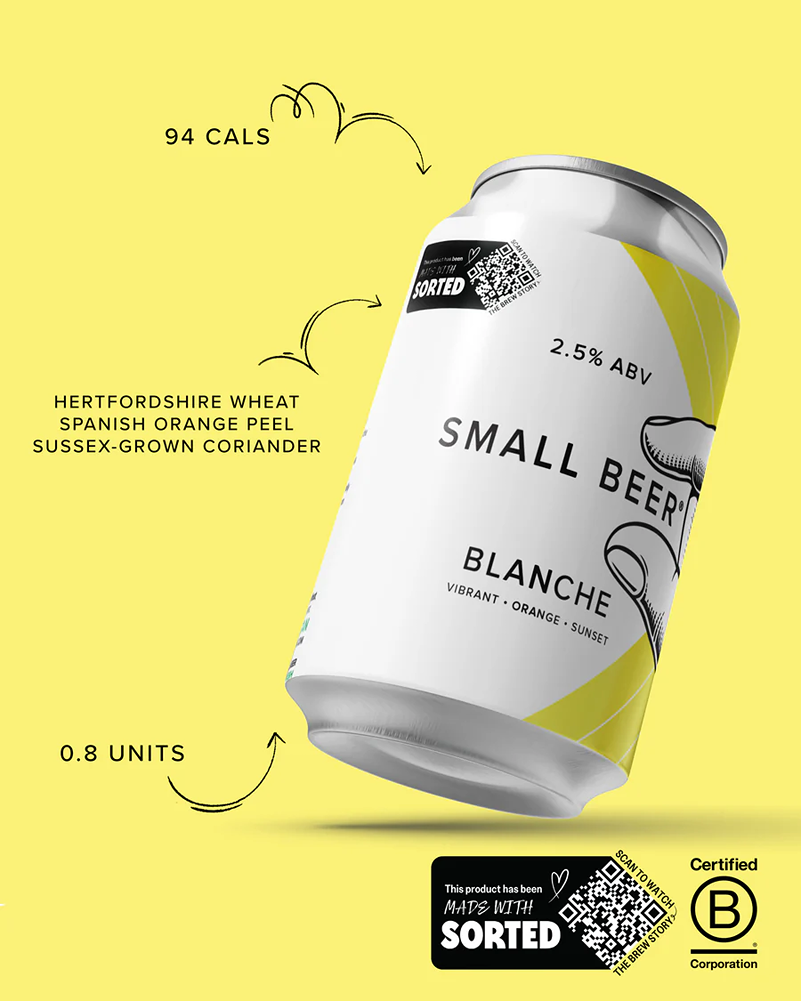
The company also offers beers in mini-kegs (up to 9 pints), which can be stored cold and consumed within a month of delivery. Once open, drink within a couple of days. Ideal for parties, empty kegs can be recycled. The site has full info on how to use kegs.
Low Alcohol Shandy (from Hampshire)
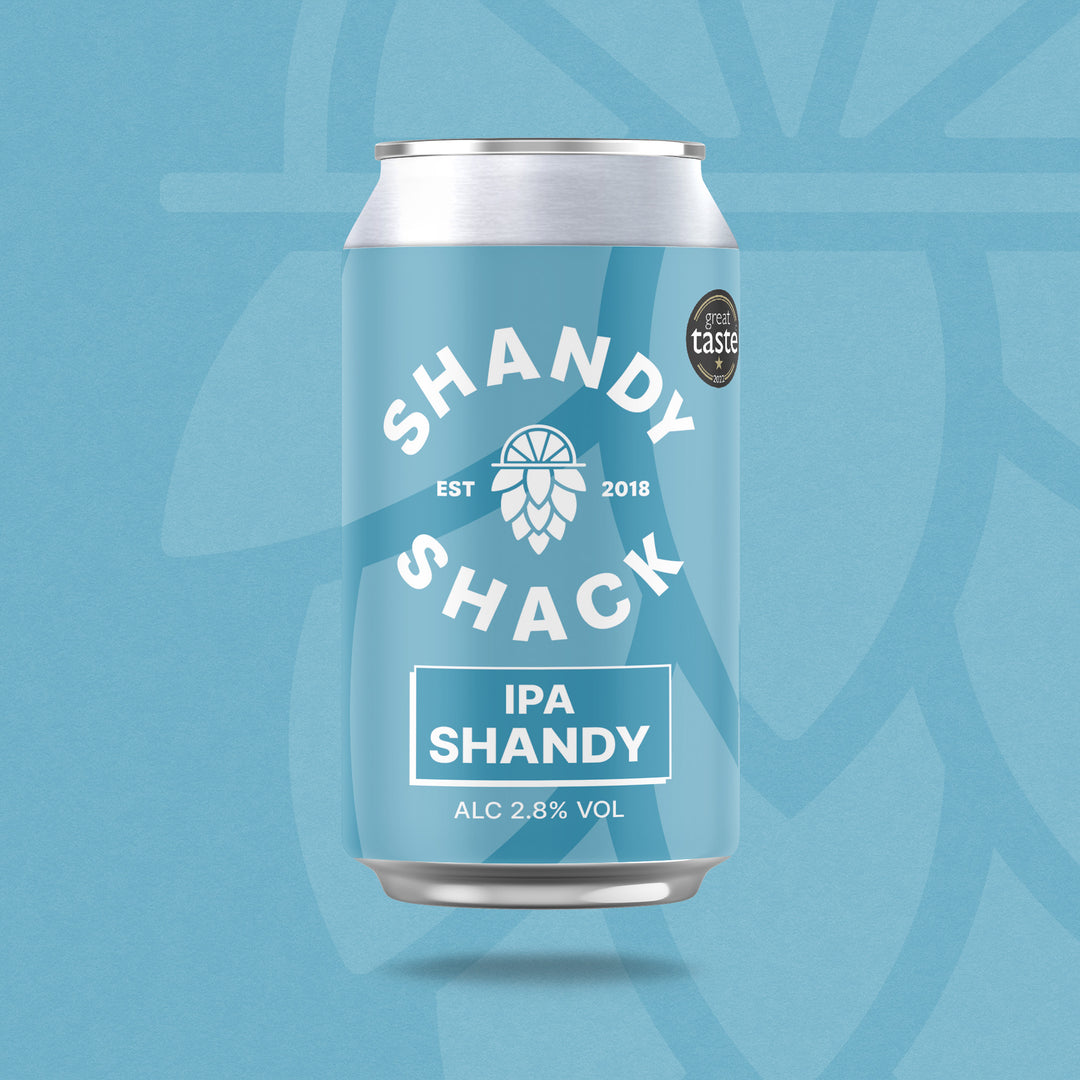
Shandy Shack (Hampshire) is a great brand of low-alcohol ready-made shandy, founded by some men who still liked to have fun, but were getting a bit old to deal with hangovers! These vegan drinks have around 25% of the alcohol of a typical can of beer. Check medication before consuming ginger.
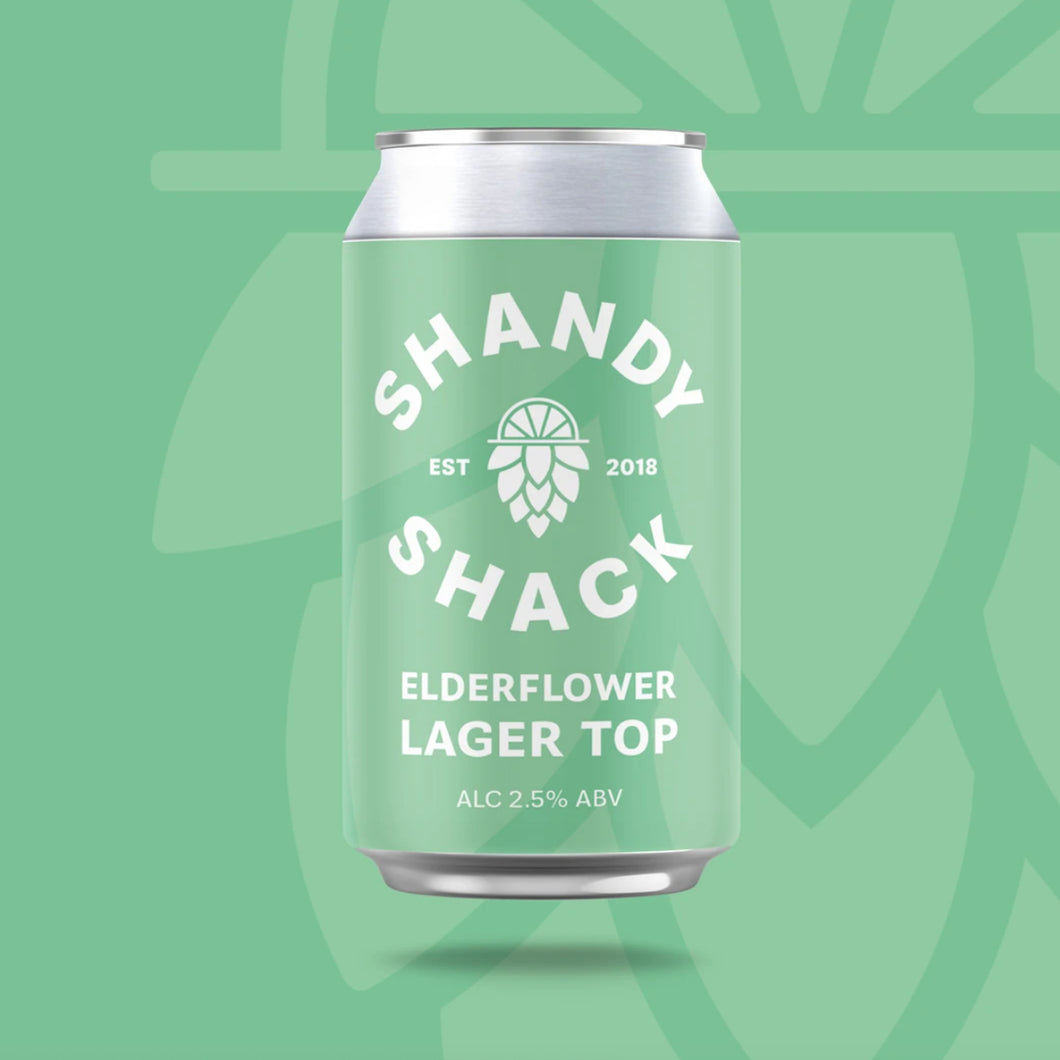
Sold in various flavours (elderflower, ginger, raspberry).
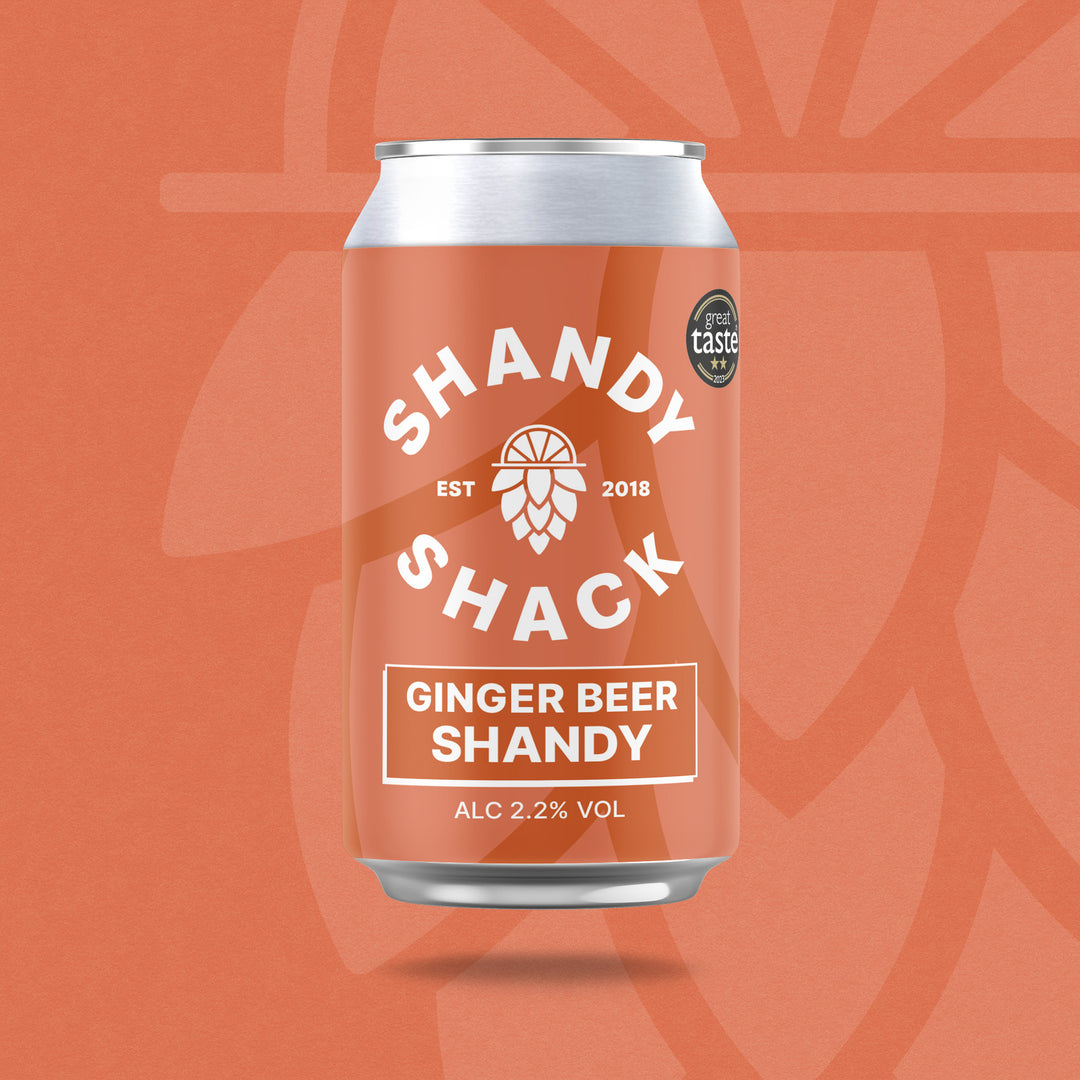
If you can’t find this brand in shops, to make your own shandy, just mix your favourite artisan vegan beer with Fentimans Victorian lemonade (brewed in Northumberland to a 100-year old Botanical recipe, this has pear and herbal notes).
Raspberry Lagers and Ciders
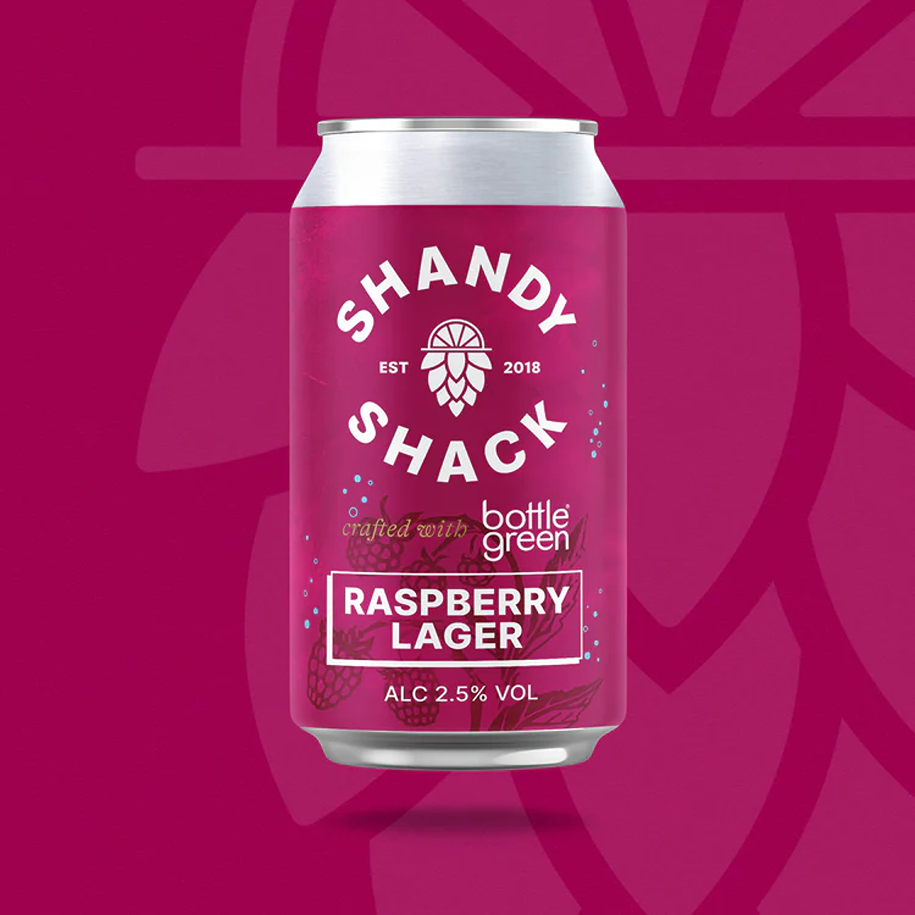
If you fancy something fruity and different, Shandy Shack has released a lager and cider, both in refreshing fruity raspberry flavours.
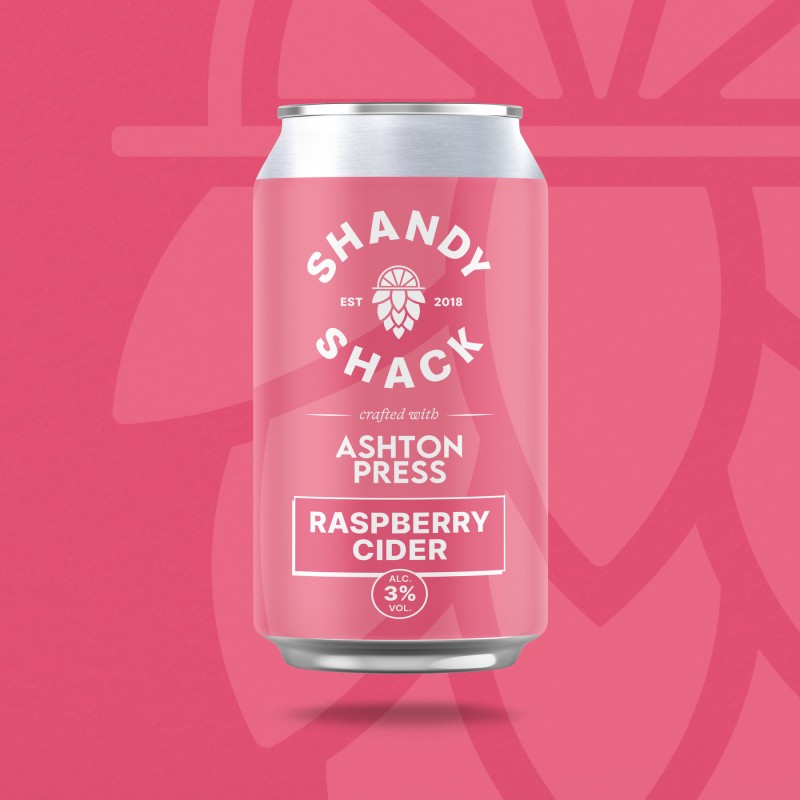
A Vegan Oatmeal Stout (from Birmingham)

Stout Sober Brummie Stout is Birmingham’s answer to Guinness, more local and a portion of profits are donated to local charity (presently an air ambulance and Sober Brummie, which helps locals with alcohol addiction).
Guinness is now vegan (after a campaign) but still owned by a big multi-national. It’s not even Irish, as the brand was founded by an anti-Catholic entrepreneur, though to be fair, he did use profits to donate to peace organisations.
But when the newly-formed Irish government wanted to use the harp as its symbol, Mr Guinness wouldn’t let them (he held the copyright). So the government got creative, and used the harp anyway, just facing the other way! If you look closely, you’ll notice that the Irish government’s harp symbol and the Guinness harp, do indeed face different directions.




